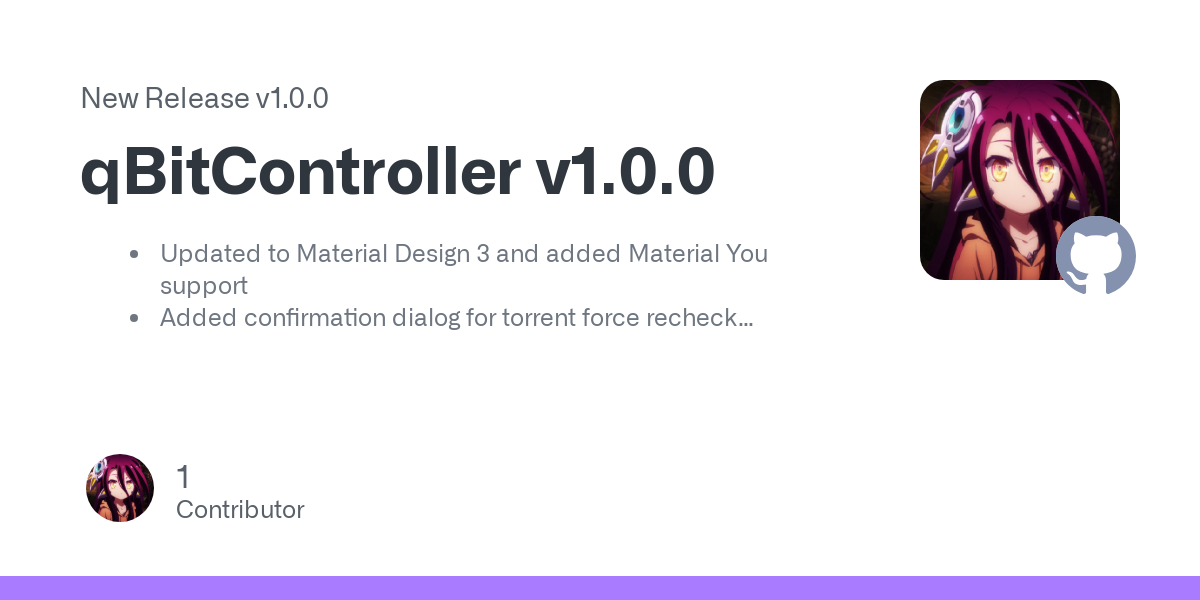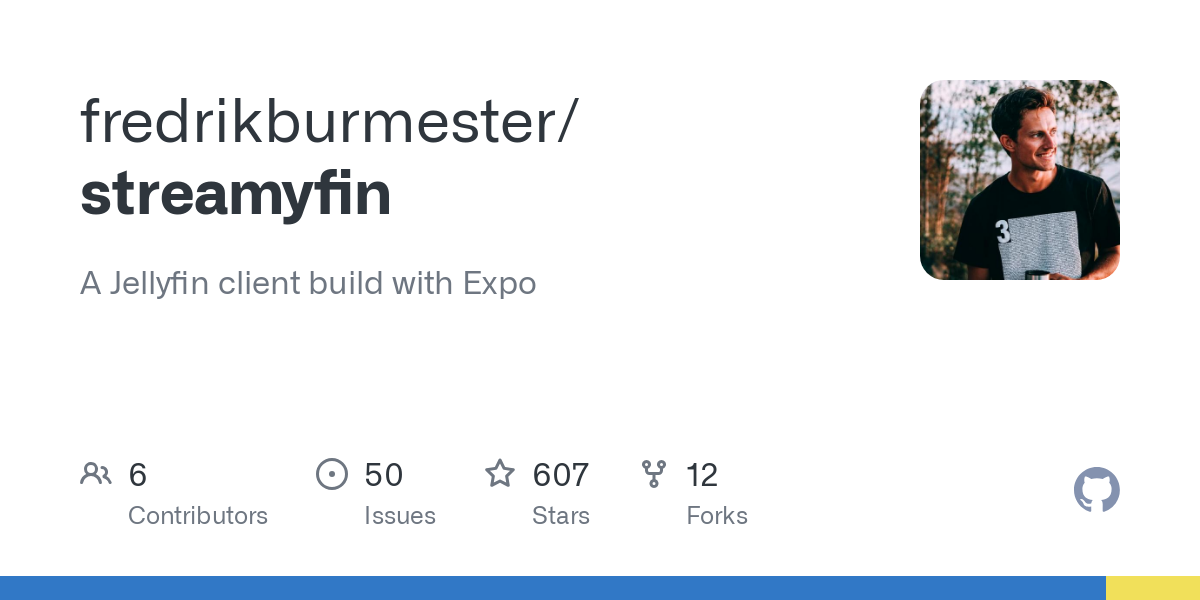Symphonium is a great Android music player which connects to a Subsonic or Jellyfin server (or any other protocol like SMB).
Navidrome is a music server which implements the Subsonic protocol. This means apps like Symphonium can connect to it.
Any old PC is enough, even a Raspberry Pi is fast enough for a music server.
- Install Navidrome on the server/pc
- Configure Navidrome (open ports, add your music library/folder)
- Connect a subsonic-compatible music app to to the server (I.e. type in IP or domain as well as the port).
Anything more like SSL (https) and a domain is optional for getting it working, and only a benefit if used outside of your home network. Using Tailscale makes a domain/SSL unnecessary and also no longer needs messing around with networking (e.g. no opening ports on the router).










Yes, the restriction to a single VPN client is annoying.
Blocking ad/telemetry domains can be done by adding Adguards DNS servers in the OS settings. Sadly blocking apps Internet permissions completely is not possible (except on OS like LineageOS, CalyxOS or GrapheneOS).